One of the symptoms is hallucinations. Those are states in which the person sees, hears, smells, or touches things that do not exist outside their mind. Hallucinations are authentic to the patient who experiences them, even though the people around them do not hear voices or experience other sensations.
Interestingly, hearing voices is the most common hallucination. It is worth adding that studies using brain scanning equipment showed changes in the speech area in the brains of people with schizophrenia when they heard voices. These studies show the experience of hearing voices as if the brain mistook thoughts for authentic voices.
Schizophrenics are more likely to describe these voices as rude, critical, offensive, or irritating than friendly or pleasant. It is also interesting that the representatives can discuss the thoughts and behavior of the listener or give commands, and they can also come from different places or one place, such as the TV.[/ilj_no_linking]
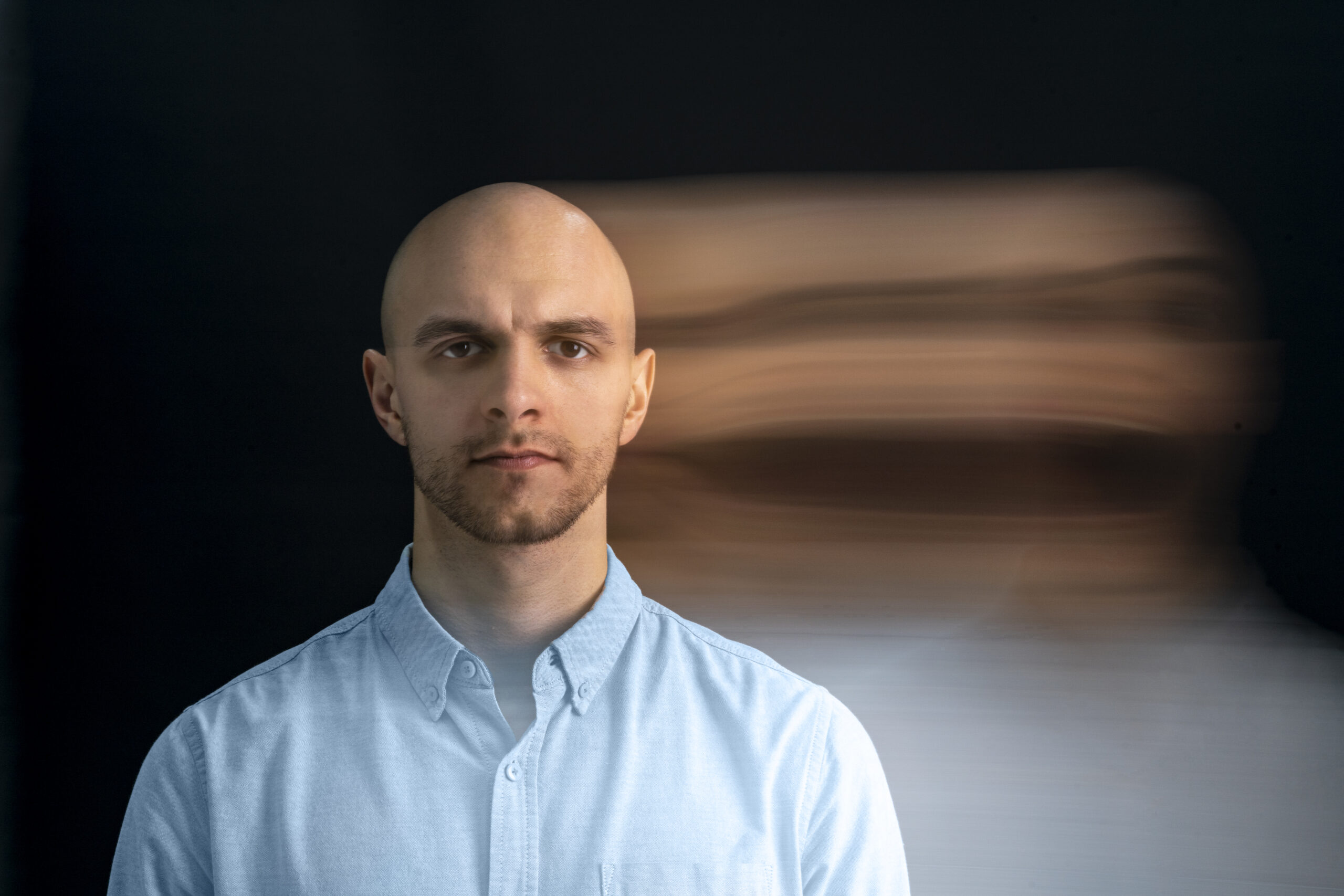
Another symptom of schizophrenia is delusions![]() . This condition refers to thinking or fixations around false beliefs. They can seem unreasonable and easy to prove to others. However, like hallucinations, they are authentic to the person experiencing them. Delusions can start suddenly or develop over weeks or months.
. This condition refers to thinking or fixations around false beliefs. They can seem unreasonable and easy to prove to others. However, like hallucinations, they are authentic to the person experiencing them. Delusions can start suddenly or develop over weeks or months.
Types of delusions![]() may include:
may include:

Symptoms of schizophrenia also include having trouble following your thoughts![]() and conversations. People with this disorder find it hard to concentrate and jump from one idea to another. They may have trouble reading text or watching TV shows. Moreover, because their thoughts and speech are disorganized – sufferers may have difficulties communicating with others.
and conversations. People with this disorder find it hard to concentrate and jump from one idea to another. They may have trouble reading text or watching TV shows. Moreover, because their thoughts and speech are disorganized – sufferers may have difficulties communicating with others.

Schizophrenia can also cause a state of catatonia![]() in which the person lies still for long periods. On the other hand, the sufferer may also feel extremely nervous
in which the person lies still for long periods. On the other hand, the sufferer may also feel extremely nervous![]() and perhaps perform various movements repeatedly.
and perhaps perform various movements repeatedly.
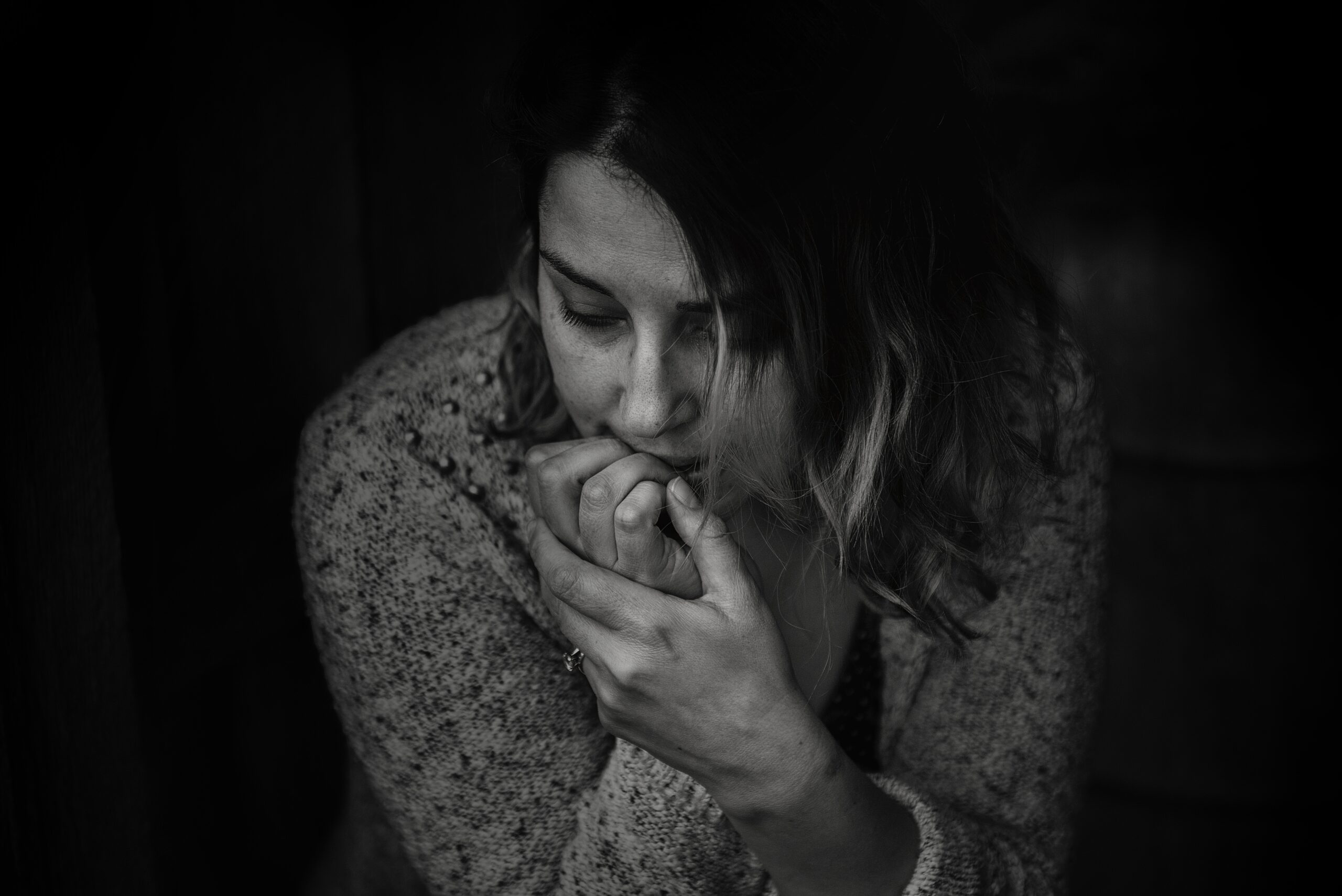
Anhedonia![]() is the lack of pleasure in things that once gave the sufferer happiness. It can include socializing, favorite hobbies, activities, and more.
is the lack of pleasure in things that once gave the sufferer happiness. It can include socializing, favorite hobbies, activities, and more.
Anhedonia can be not only a symptom of schizophrenia but also depression![]() . In patients with schizophrenia who also experience depression, a more precise evaluation of the duration of symptoms can aid in determining whether the condition is schizoaffective disorder, bipolar disorder, or psychotic depression.
. In patients with schizophrenia who also experience depression, a more precise evaluation of the duration of symptoms can aid in determining whether the condition is schizoaffective disorder, bipolar disorder, or psychotic depression.

Schizophrenia can also cause speech problems or alogia![]() . It involves using fewer words, only answering what is directly asked, and speaking in a way that may be vague, repetitive, or too specific. The patient's words may appear illogical, which can be particularly perplexing for those who have a history with them because schizophrenics' current behavior does not align with their past actions.
. It involves using fewer words, only answering what is directly asked, and speaking in a way that may be vague, repetitive, or too specific. The patient's words may appear illogical, which can be particularly perplexing for those who have a history with them because schizophrenics' current behavior does not align with their past actions.
It is worth mentioning that among the symptoms of schizophrenia, there is also a reduced willingness to socialize. The patient may not feel like talking to friends and relatives. Moreover, this is another symptom that appears during the depression.

Mood disorders![]() are one of the symptoms of schizophrenia. The sufferer may appear very calm or expressionless. The schizophrenic's voice may sound flat or dull. This symptom is sometimes mischaracterized as apathy.
are one of the symptoms of schizophrenia. The sufferer may appear very calm or expressionless. The schizophrenic's voice may sound flat or dull. This symptom is sometimes mischaracterized as apathy.
It's worth noting that people can have poker face, but their outward expression may not match how they feel inside. Occasionally, they might react in a way that seems out of place, such as becoming extremely angry or laughing at inappropriate moments.

Another symptom of schizophrenia is avolition![]() . It is a severe lack of motivation or a marked inability to perform purposeful tasks. Avolition is a behavioral symptom rather than a mental health condition.
. It is a severe lack of motivation or a marked inability to perform purposeful tasks. Avolition is a behavioral symptom rather than a mental health condition.
It can make things harder to do, even if it has consequences, such as losing your job or falling behind on bills. For some, it can be so overwhelming that it's hard to manage their health or maintain personal hygiene.
It is worth noting that avolition is different from procrastination, which is looking for entertainment to postpone something for later.

One of the common signs of schizophrenia is difficulty in creating generalizations or thinking beyond a specific idea![]() or concept. Individuals with this condition may struggle to comprehend abstract or non-physical concepts, such as proverbs, similes, or metaphors, as they tend to interpret things literally. It can be difficult for them to understand the meaning of a story or comparison because they may be easily distracted by tangible and authentic things.
or concept. Individuals with this condition may struggle to comprehend abstract or non-physical concepts, such as proverbs, similes, or metaphors, as they tend to interpret things literally. It can be difficult for them to understand the meaning of a story or comparison because they may be easily distracted by tangible and authentic things.

Schizophrenia can affect a person's cognitive abilities![]() , causing memory, attention, and concentration problems. It may also make it challenging to perform daily tasks and lead to disorganized speech due to difficulty concentrating and organizing thoughts. Decision-making and short-term memory can also be affected by these cognitive changes.
, causing memory, attention, and concentration problems. It may also make it challenging to perform daily tasks and lead to disorganized speech due to difficulty concentrating and organizing thoughts. Decision-making and short-term memory can also be affected by these cognitive changes.
Another potential cognitive problem seen in schizophrenia is anosognosia![]() , a condition where the sufferer cannot recognize other conditions or problems they have. A person with schizophrenia has trouble identifying that they have an illness and need to take medication. This condition can also happen with medical problems that affect the body, such as stroke.
, a condition where the sufferer cannot recognize other conditions or problems they have. A person with schizophrenia has trouble identifying that they have an illness and need to take medication. This condition can also happen with medical problems that affect the body, such as stroke.
Like other mental illnesses, schizophrenia does not cause many physical symptoms![]() . It's possible to observe that a person with schizophrenia may appear more still, nervous, or expressionless than they typically would. It is a noticeable sign, for instance, if someone who is ill is not taking care of their daily tasks.
. It's possible to observe that a person with schizophrenia may appear more still, nervous, or expressionless than they typically would. It is a noticeable sign, for instance, if someone who is ill is not taking care of their daily tasks.
It's significant to address the misconception that individuals with schizophrenia are aggressive. Studies have shown that those with this condition are more susceptible to being victims of violence. However, if left untreated, the risk of violence or self-harm does increase.

Typically, symptoms of schizophrenia appear in your 20s or 30s![]() . However, in some cases, they may occur in early teenagehood
. However, in some cases, they may occur in early teenagehood![]() or adulthood.
or adulthood.
People in their teens may show pre-existing symptoms of schizophrenia, such as:
Of course, in such cases, the diagnosis is challenging because the “symptoms” mentioned are often typical behavior of teenagers. For schizophrenics in their teenage years, these problems become apparent within a year or two. A person who has always had the struggles listed above may have other problems.
It is significant to recognize that subtle changes in mood, social function, and thought processes may occur in schizophrenia before the more obvious positive symptoms appear. If we are concerned that our teenage child may have schizophrenia, we should talk to them and contact a doctor or therapist.
The doctor diagnoses![]() schizophrenia based on the clinical observation of the patient and their symptoms. Signs do not always clearly indicate schizophrenia – they may indicate another condition.
schizophrenia based on the clinical observation of the patient and their symptoms. Signs do not always clearly indicate schizophrenia – they may indicate another condition.
After going to the doctor, the patient undergoes a psychiatric examination (observation, conversation with the patient and their family, history of functioning, symptoms or disorders in the family).
There are no laboratory tests that can rule out or confirm schizophrenia. Neuroimaging is used to assess the overall health of the patient and to eliminate any potential issues:
In addition, while diagnosing schizophrenia, doctors use questionnaires to assess the occurrence and severity of schizophrenia symptoms. However, the questionnaires alone, without examining and observing the patient, will not help in diagnosing a mental illness, but they can facilitate the monitoring of the effectiveness of treatment.
Time is significant in the diagnosis of schizophrenia. To diagnose this condition, the patient must display positive or negative symptoms for at least a month. The patient will undergo several tests, which will also rule out other potential causes of the symptoms. It is important to differentiate schizophrenia from the following conditions:
Treatment of schizophrenia![]() is a lifelong process, consisting in calming down exacerbations of the disease and long-term prevention of relapses. The treatment of schizophrenia includes:
is a lifelong process, consisting in calming down exacerbations of the disease and long-term prevention of relapses. The treatment of schizophrenia includes:
Treatment for schizophrenia is lifelong. When acute attacks of the disease occur, the patient often requires hospitalization in a psychiatric hospital. Usually, however, patients are treated on an outpatient basis and rarely go to hospital. It is significant for the doctor to cooperate with the patient – they jointly determine the details of the treatment. The doctor often recommends various occupational therapies, psychotherapy, or psychoeducation.
Psychoeducation involves educating the patient's family and relatives on the development and course of schizophrenia symptoms. The doctor explains what may indicate an exacerbation or relapse of the disease, and suggests solutions and ways to fight unpleasant situations caused by schizophrenia. Psychoeducation can be directed at the patient, or the patient and family – it is a kind of training that takes place during doctor's visits or is part of therapy in various centers dealing with schizophrenia treatment.
Psychotherapy depends on the symptoms and their severity. In young people affected by schizophrenia, family therapy is used, in which family members who live under the same roof as the patient participate. Relatives receive information on coping with the disease, as well as identifying and modifying behaviors and emotions that prevent the schizophrenic from recovering. Supportive, cognitive-behavioral psychotherapy and cognitive functioning training are also used.
Treatment should include building a social support network. The patient receives social help, not only from the closest people (family, acquaintances, or friends) but also from people and organizations that provide socio-social support for patients. These include institutions and foundations related to, for example, professional activation of the patient and local, national, and international social programs.
The prognosis of schizophrenia varies greatly. Studies show that about 1/3 of schizophrenics, thanks to appropriate treatment, achieve some improvement![]() , which allows them to function normally. In the remaining patients, this improvement occurs, but it is not fully satisfactory. Still, other schizophrenics fail to get any improvement at all. It is very significant to start treatment
, which allows them to function normally. In the remaining patients, this improvement occurs, but it is not fully satisfactory. Still, other schizophrenics fail to get any improvement at all. It is very significant to start treatment![]() as soon as possible because as schizophrenia progresses, daily functioning deteriorates.
as soon as possible because as schizophrenia progresses, daily functioning deteriorates.
In some people, extreme situations occur in which the patient even tries to commit suicide. The risk of suicide among patients with schizophrenia is approximately 10%. If you have suicidal thoughts, you should seek medical help as soon as possible.
Table of Contents
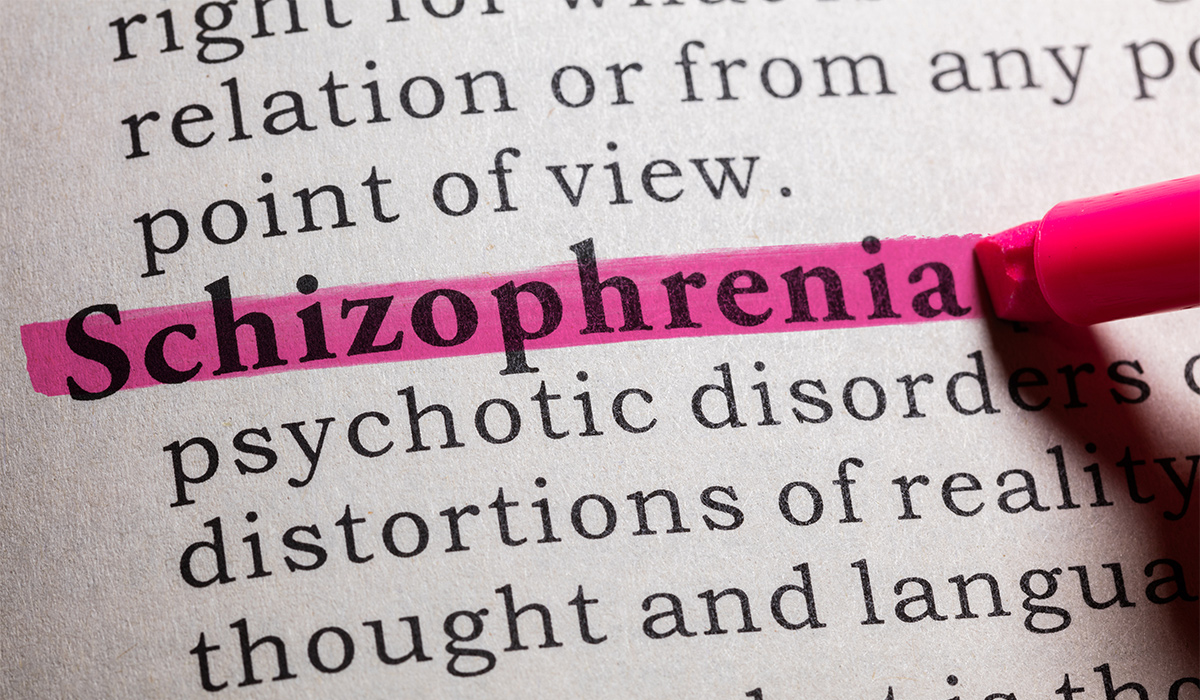
Schizophrenia is a mental illness with a gradual course. It consists in a changed and inadequate perception, reception and assessment… read more »
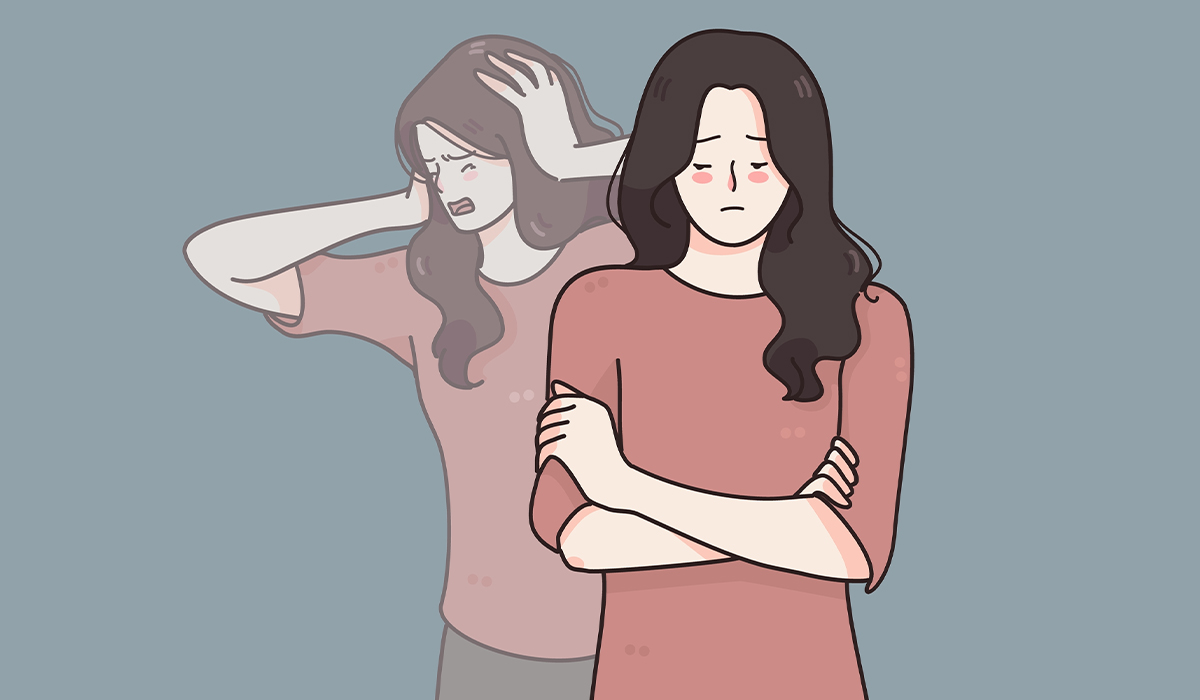
Psychosis (psychotic disorder) causes serious disorganization of behavior, thinking and perception of reality. What are its causes? What is the… read more »
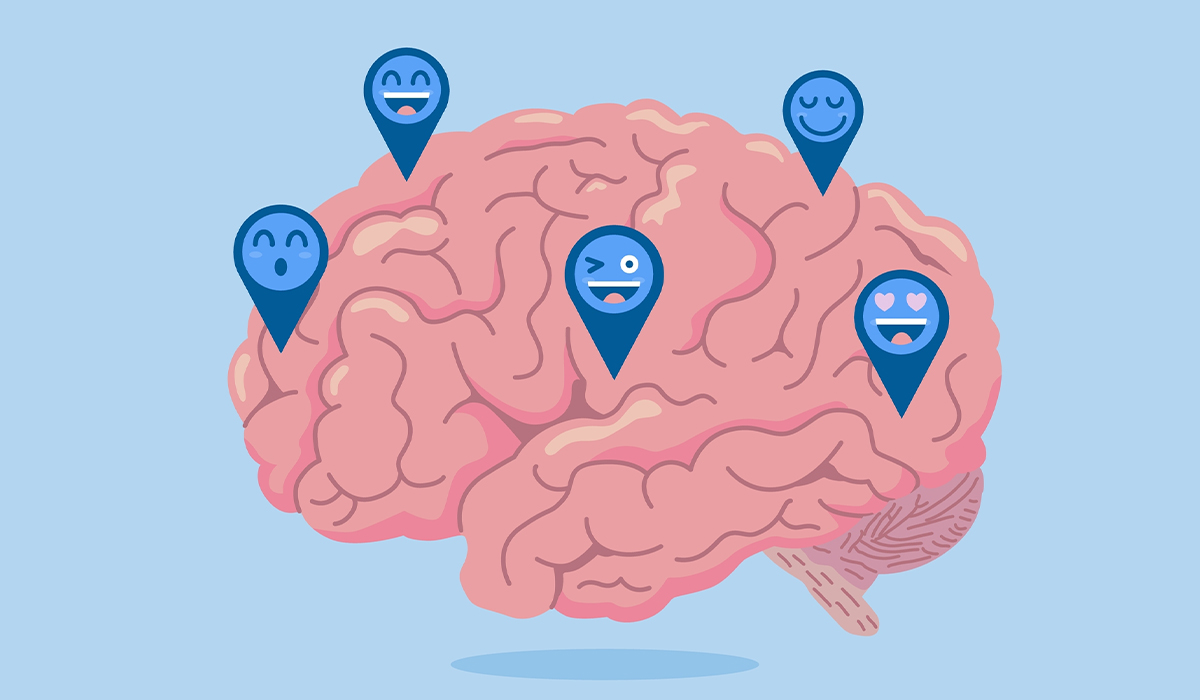
Dopamine is a chemical compound with various functions in the human body. Its levels affect overall health. Learn more about… read more »
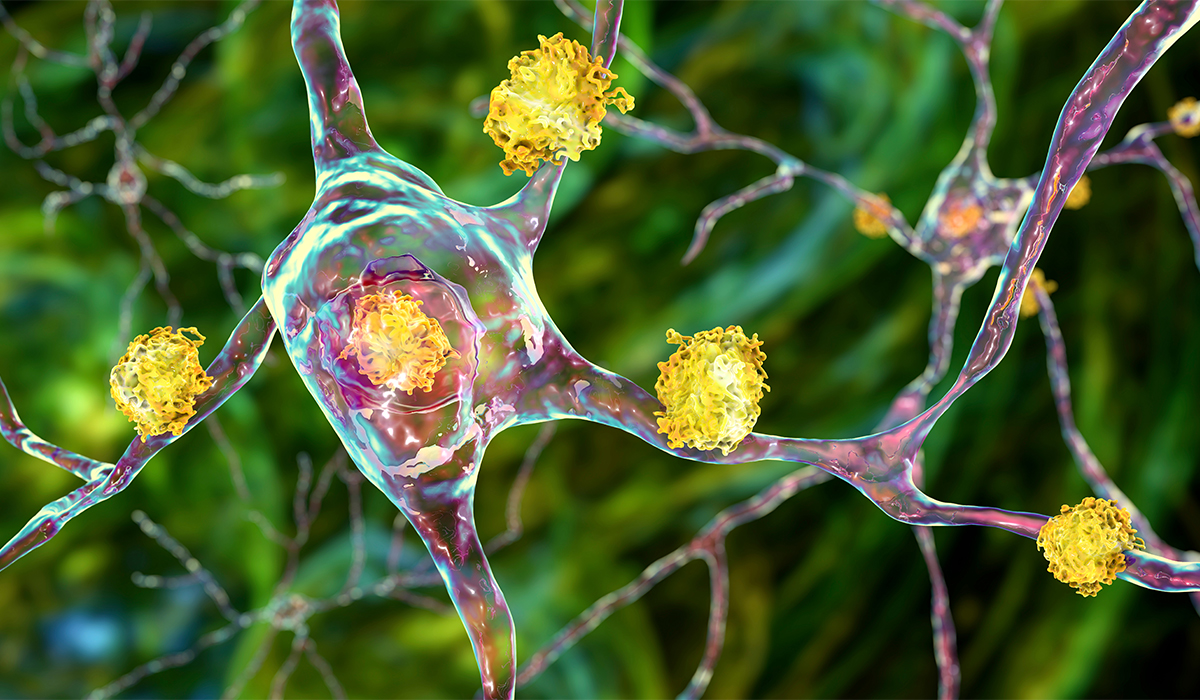
Huntington's disease is genetically determined. No effective cure has yet been developed, but research into modern treatments is ongoing. Learn… read more »
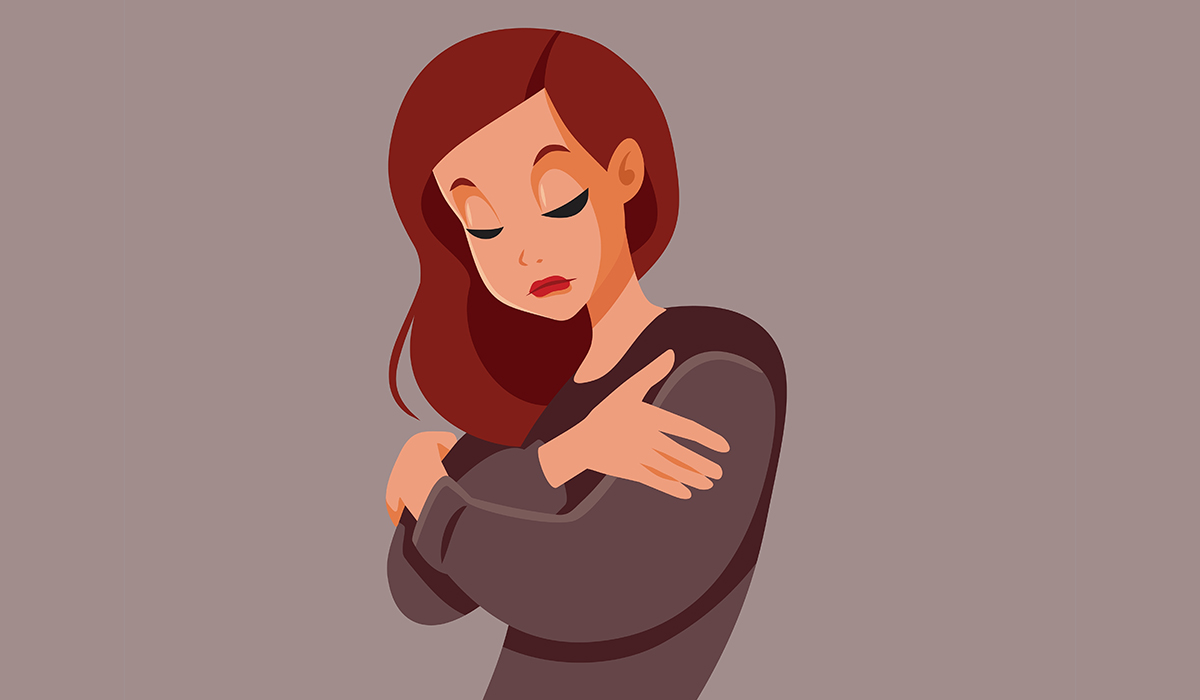
Dysmorphia is a mental disorder associated with a negative body image. It is a common problem these days. Learn how… read more »
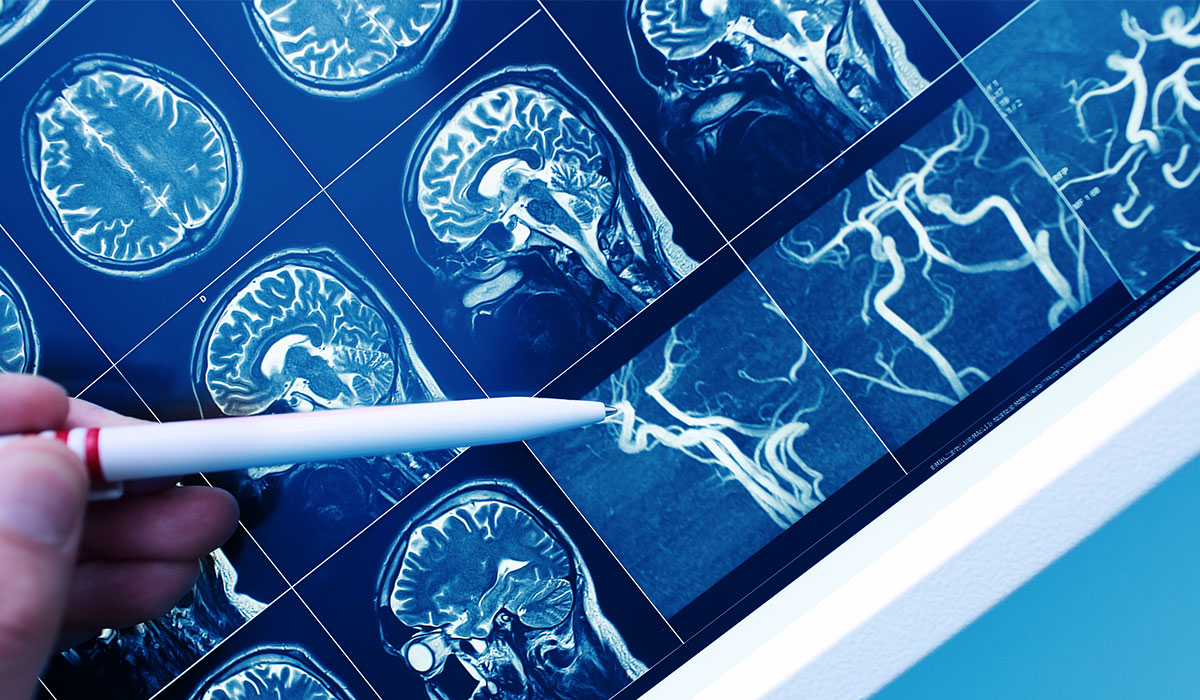
Vascular dementia can occur after a stroke or other incident. Learn the most important information to recognize early symptoms and… read more »
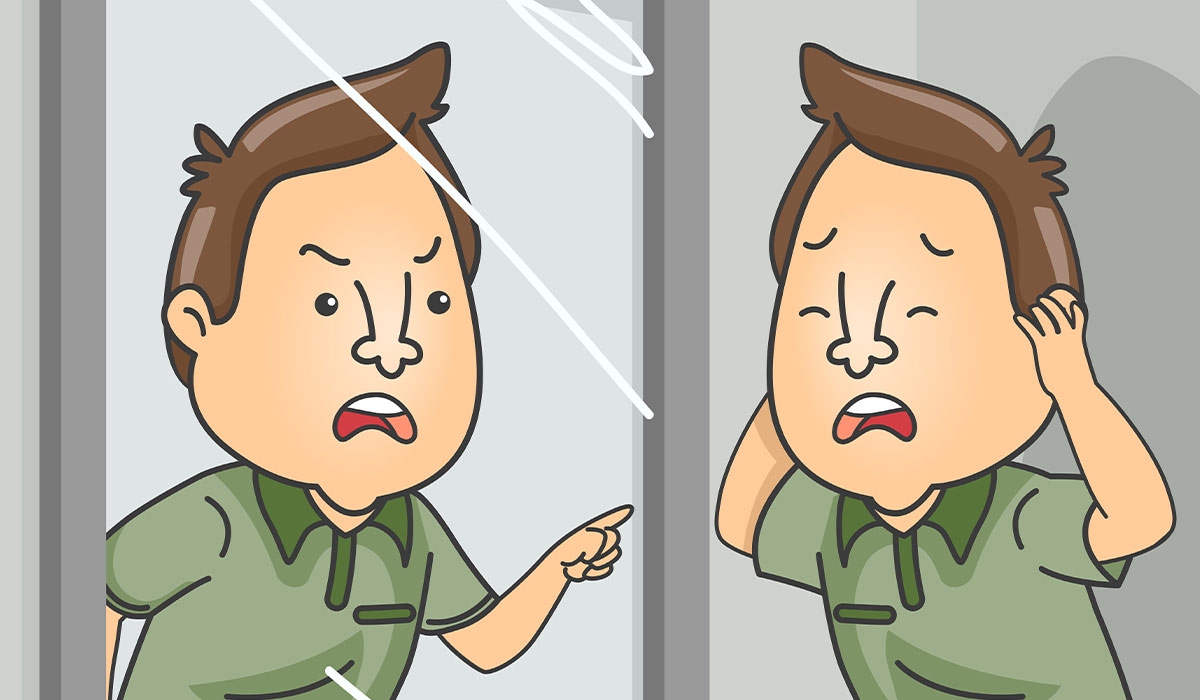
Dissociative identity disorder Ii is characterized by the presence of at least two independent and different personalities in one person.… read more »
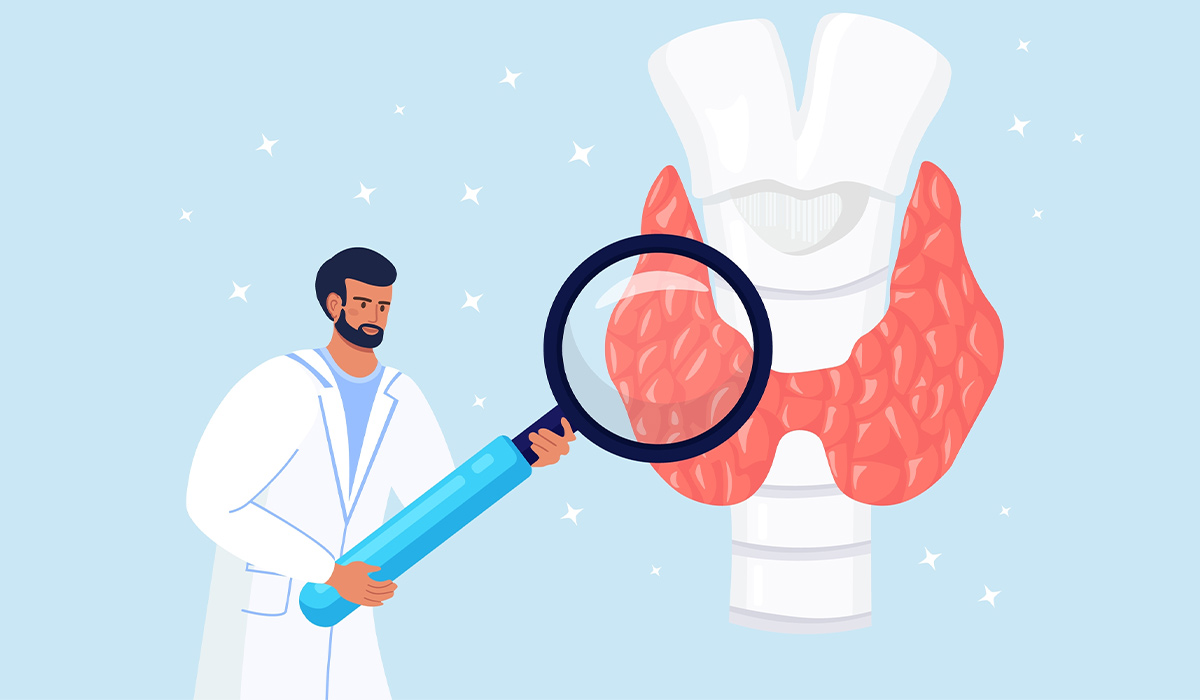
The thyroid is a small organ whose hormones regulate the body's metabolism. Check what are the signs of thyroid problems.… read more »

Anxiety is an an emotional state characterized by a sense of insecurity and undefined discomfort. Check out, what are its… read more »